
5 Costly Mistakes That Spike Your Electricity Bill and Harm Your Health: Are You Using Your Air Conditioner All Wrong?
5 Costly Mistakes That Spike Your Electricity Bill and Harm Your Health: Are You Using Your Air Conditioner All Wrong?
Air conditioners are a must-have during scorching summer days, offering a refreshing escape from the heat. But are you unknowingly making common mistakes in how you use them—mistakes that not only inflate your electricity bill but also silently damage your health?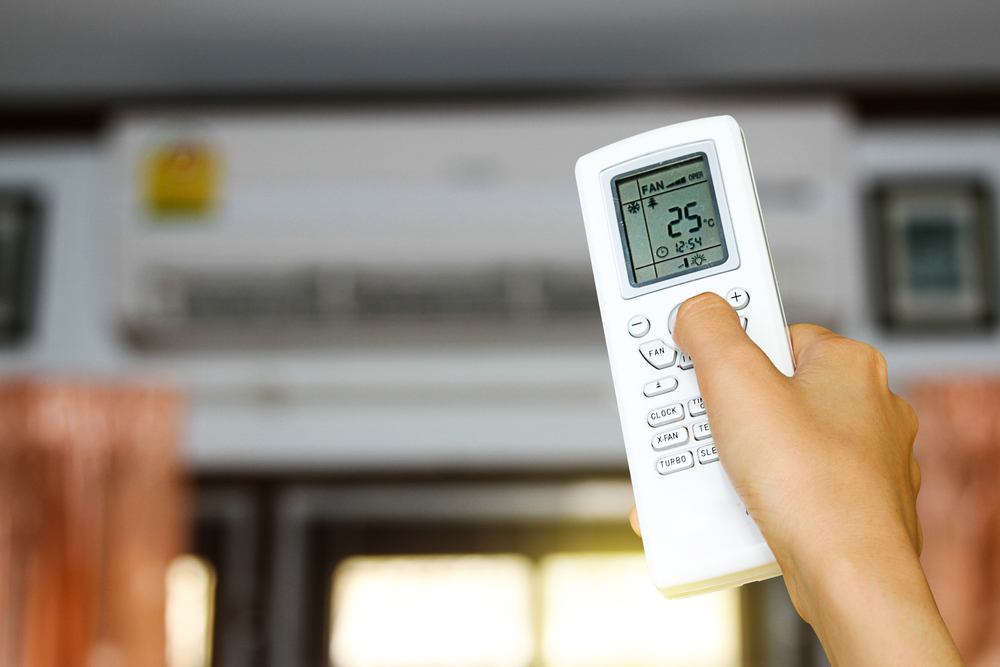
Using an air conditioner correctly doesn’t just help you stay cool—it also saves a significant amount of energy and safeguards your well-being. Unfortunately, many people maintain harmful habits without realizing the consequences.
1. Frequent On/Off Switching and Misunderstood Temperature Settings
One of the most widespread misconceptions is frequently switching the AC on and off. Some people turn it off every time they leave the room—even for a short while—or blast it on full power until the room feels cool, then switch it off and rely on a fan. However, each time you restart the AC, the compressor and fan consume far more electricity than simply maintaining a steady temperature—up to three times more, in fact.
Modern ACs are designed to auto-adjust and reduce power once the set temperature is reached, so constantly turning them off and on not only wastes energy but also accelerates compressor wear and shortens the unit’s lifespan.
Temperature fluctuations can also cause mild thermal shock, leading to headaches, fatigue, or respiratory issues. It’s best to keep a stable setting and only power off completely when the AC won’t be used for an extended time.
Another common mistake is setting the temperature too low—16–18°C (60–64°F)—thinking it will cool the room faster. That’s not how it works. The AC cools at a fixed rate, so setting it extremely low only makes it work harder and longer, consuming up to 40% more electricity. It also risks overcooling internal components and reducing performance.
More importantly, a steep indoor-outdoor temperature difference (more than 7–10°C) increases the risk of colds, sore throats, and even heat shock. Experts recommend keeping the temperature between 25–27°C (77–81°F) for comfort and safety.
2. Sealing the Room Too Tightly Turns It Into a Stale Box
It might seem logical to keep the room tightly closed to trap in the cold air, but poor ventilation leads to stagnant, polluted air—sometimes worse than outside. CO₂ buildup, dust, mold spores, and bacteria can all accumulate and contribute to respiratory issues, headaches, and fatigue.
Make it a habit to ventilate the room periodically. Open a window or door every 1–2 hours for a few minutes to refresh the air.
Don’t overlook the value of an electric fan. Relying solely on the AC can cause uneven cooling, forcing the unit to work harder. Using a standing or ceiling fan alongside the AC helps circulate cool air more efficiently, allowing you to set the thermostat higher (around 27–28°C) without sacrificing comfort—and significantly reducing power usage.
3. Misusing Airflow Direction and Cooling Modes
Using the wrong AC mode is another common mistake. The “Cool” mode (snowflake symbol) is best for hot, dry days. During humid or rainy weather, the “Dry” mode (water drop symbol) can make the air more comfortable and consumes less power, even though it doesn't significantly lower the temperature.
Overusing the “Turbo” or “Powerful” mode is another power drainer.
Positioning is also key. Sitting or lying directly under a cold airflow can lead to discomfort and even health issues: dry skin, irritated eyes, nasal congestion, sore throats, stiff muscles, and even facial paralysis during sleep.
Instead, adjust the airflow to blow toward the ceiling or use auto-swing mode to evenly and gently disperse cool air throughout the room.
4. Sudden Temperature Swings When Entering or Exiting the Room
Abruptly moving between extreme temperatures—like stepping into an icy room after being in the hot sun—can trigger thermal shock. This is especially dangerous after sun exposure or a shower. Always let your body cool down for 10–15 minutes before entering an air-conditioned room.
Similarly, before heading back outside, increase the room temperature slightly and open the door or window for 15–30 minutes to help your body adjust gradually.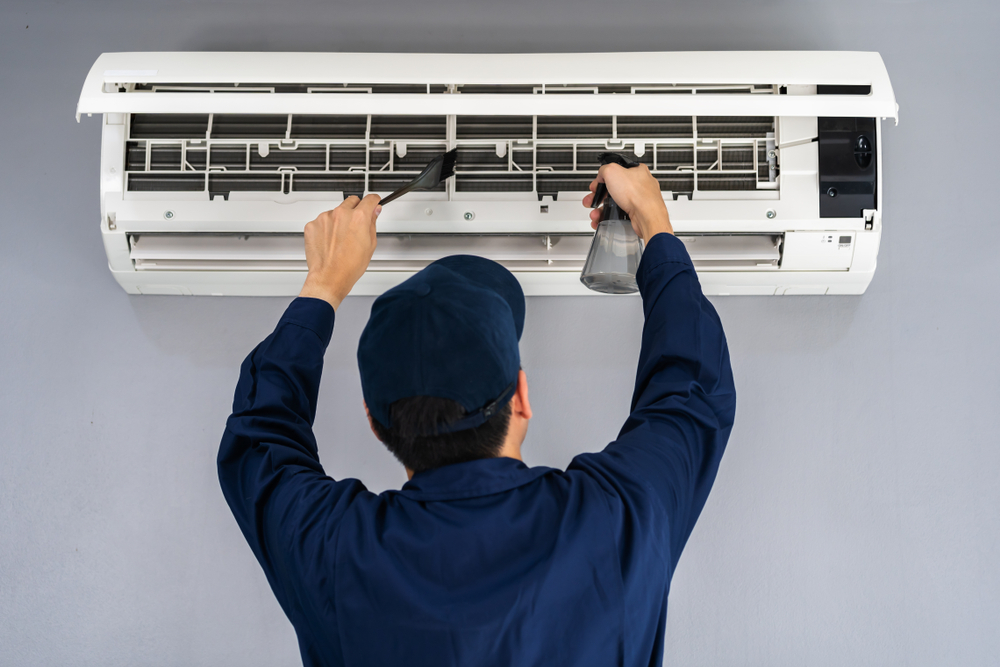
5. Poor Installation and Lack of Maintenance
Proper installation and routine maintenance are just as vital as correct usage. Dirty air filters or dust-covered condenser and evaporator units drastically reduce cooling efficiency, increase energy consumption, and become breeding grounds for mold and bacteria.
Clean your filters every 2–4 weeks, depending on usage. Schedule professional maintenance at least once or twice a year to deep-clean the system and check refrigerant (gas) levels. Both low and high refrigerant levels can damage the compressor and reduce performance.
Also, ensure both the indoor and outdoor units are installed in well-ventilated areas, away from direct sunlight and airflow obstructions, and follow the correct technical spacing and height guidelines.
Avoiding these common mistakes doesn’t just save you from jaw-dropping electricity bills—it also ensures your AC runs efficiently, lasts longer, and most importantly, keeps your family healthy during the hottest months of the year.
News in the same category


How to Properly Wash a Puffer Jacket Without Flattening the Filling or Losing Its Shape
Just one careless step can cause the filling to collapse, distort the shape, and reduce its ability to retain heat.

Washer Shaking and Making Loud Noises? Try These Quick Fixes—No Technician Needed (Yet)
Noisy, shaking washer? Try these quick fixes before calling a technician
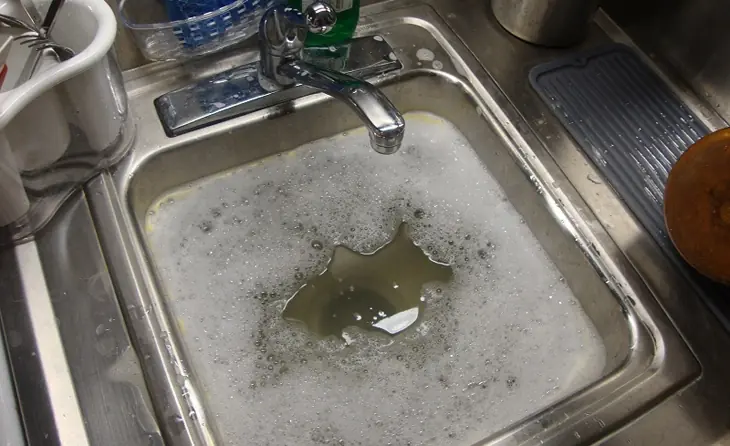
Try this simple method to quickly clear clogs and remove unpleasant odors
A simple trick that helps clear clogs and get rid of bad odors fast

A simple trick: sprinkle everyday household ingredients in your garden to keep the soil warm and ensure healthy plant growth in spring
A simple trick: sprinkle everyday household ingredients in your garden to keep the soil warm and ensure healthy plant growth in spring

The benefits of mixing fabric softener with salt for household cleaning
A simple fabric softener and salt trick that solves everyday household problems

What are those “Small bags” on the wall really?
What are those “Small bags” on the wall really?

Why clove, lemon and onion work so well together for health and home
The combined health and household benefits of clove, lemon and onion

How to prevent motion sickness in vehicles: Simple and effective tips
Effective strategies for preventing motion sickness during vehicle travel
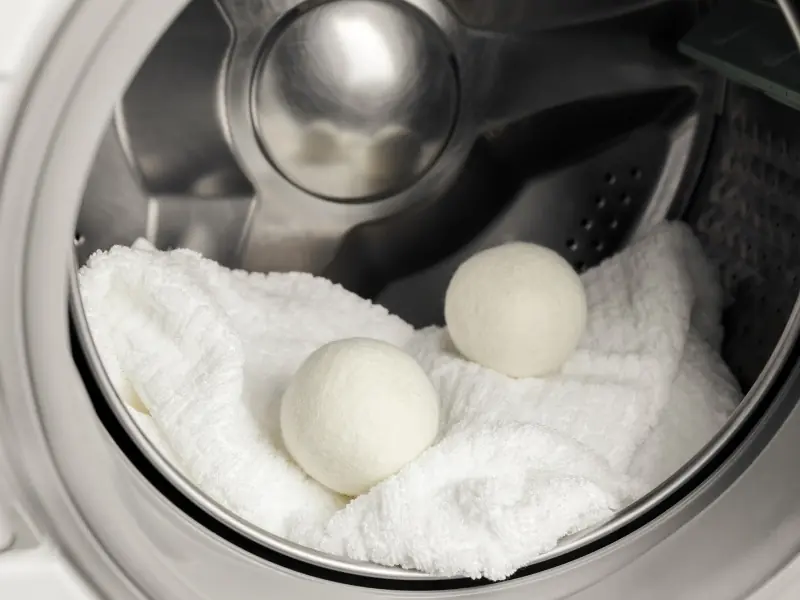
Put 3 balls in the washing machine: A little-known trick to help clothes dry faster

If geckos keep showing up in your house - Try these simple tips to keep them from returning
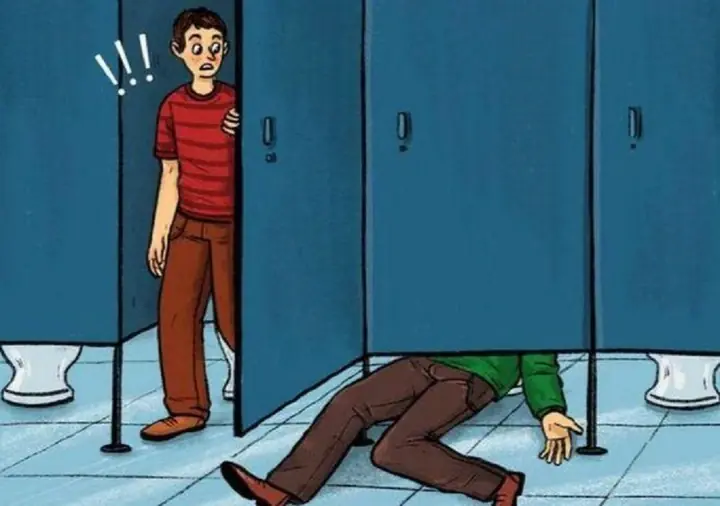
Why Do Public Restroom Doors Always Have a Gap?

A gentle, natural approach to protecting your bed from mites and bedbugs

When washing clothes, don’t rely on detergent alone

How to choose good garlic: Signs you should avoid for better flavor and longer storage

Why You Should Hang Clothes Upside Down in Cold Weather — Top Japanese Experts Explain

Livestock and Veterinary Experts: 5 Ways to Identify Safe, High-Quality Pork and Distinguish It from Dise.ased or De.ad Pigs

If You Spot This Vegetable at the Market, Buy It Immediately: Cheap but “Miraculously” Effective at Preventing Hair Loss and Boosting New Hair Growth
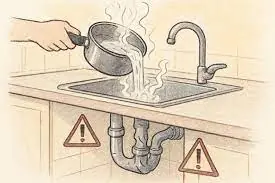
Stop pouring hot water down the sink — here’s why!
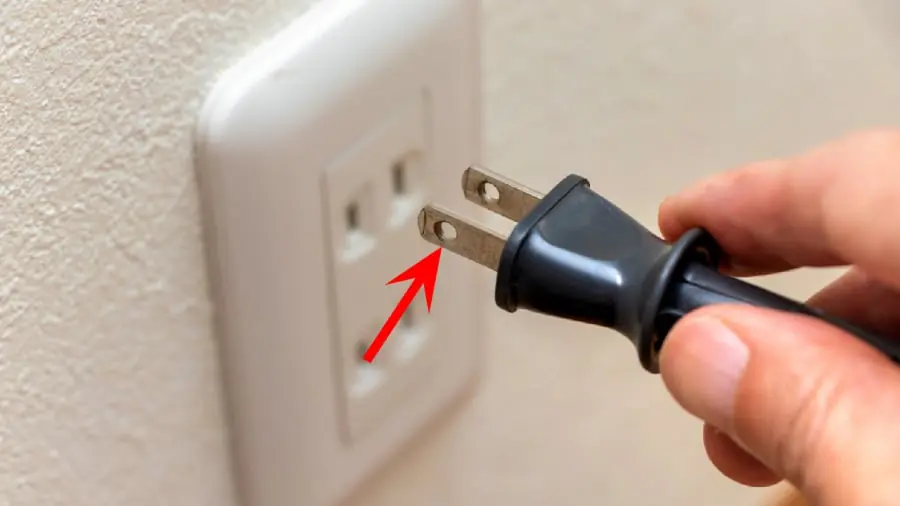
The Special Purpose of the Two Small Holes on Flat Plug Prongs That Many People Don’t Know
News Post

Why Is There Always Thick Mucus in Your Throat? The Overlooked Truth Behind Persistent Throat Irritation
Many people wake up every morning with the same uncomfortable feeling: thick, sticky mucus lodged in the throat that won’t go away.

Put ginger next to your pillow when sleeping: A simple secret for good health and sleep
Put ginger next to your pillow when sleeping: A simple secret for good health and sleep

If a Snake Bites You, These First Actions Could Save Your Life

5 Unusual Changes in Nighttime Sleep That Could Be Warning Signs of Cancer

Don’t ignore the warning—holding urine can be far more dangerous than you think

Doctors warn: 3 things many str.oke patients did shortly before a str.oke
Doctors reveal common warning behaviors before a sudden stroke

Spot these 5 signs early—it could save a life

Don’t Ignore These 20 Early Warning Signs That Your Body Could Be Fighting Can:cer
Don’t Ignore These 20 Early Warning Signs That Your Body Could Be Fighting Can:cer

What Your Feet and Legs May Be Telling You at Night
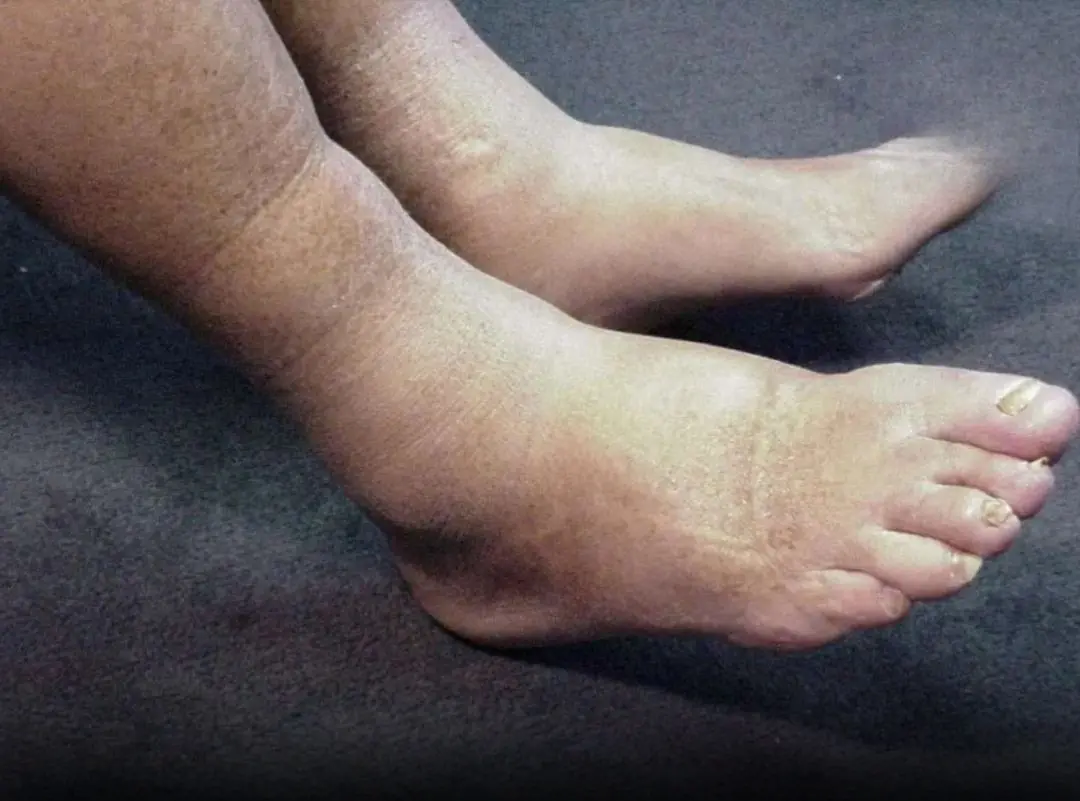
Your Legs Could Be Sending a Pancreatic Cancer Warning — 4 Signs to Watch
Your Legs Could Be Sending a Pancreatic Cancer Warning — 4 Signs to Watch

Is there an age when women stop needing men? Three women share their experiences.
When independence replaces need: women reflect on love and choice

Ignoring this sign could cost you precious time
ignoring this sign could cost you precious time:

5 Dangerous Habits That Are Des:troying Your Liver
5 Dangerous Habits That Are Des:troying Your Liver

4 Vegetables You Should Never Eat Raw — They Could Do More Harm Than Good!

Stop feeding your children these 5 foods immediately. ...
Stop feeding your children these 5 foods immediately. ...

The application of virtual reality in the treat.ment of men.tal disorders such as phobias and post-traumatic stress disorder (PTSD).
Virtual reality is reshaping the future of mental health treatment

2 Weeks After Diagnosis, She Was Gone Doctors Flag 3 Coughs
3 cough red flags doctors warn about—don’t ignore these symptoms

Most Women Ignore This Daily Habit—And It Weakens Their Immune System
Mounting evidence suggests that one of the most damaging factors to women’s immune health is not what they are missing—but what they are doing every single day without question

Most people don’t know these 8 foods may help protect against can.cer
8 foods linked to lower cancer risk—what research actually shows

In Norway, This One iPhone Setting Is Quietly Extending Device Lifespans by 2–3 Years
In an era of planned obsolescence and annual smartphone upgrades, Norway stands out for an unexpected reason: Norwegians keep their iPhones significantly longer than most users worldwide.